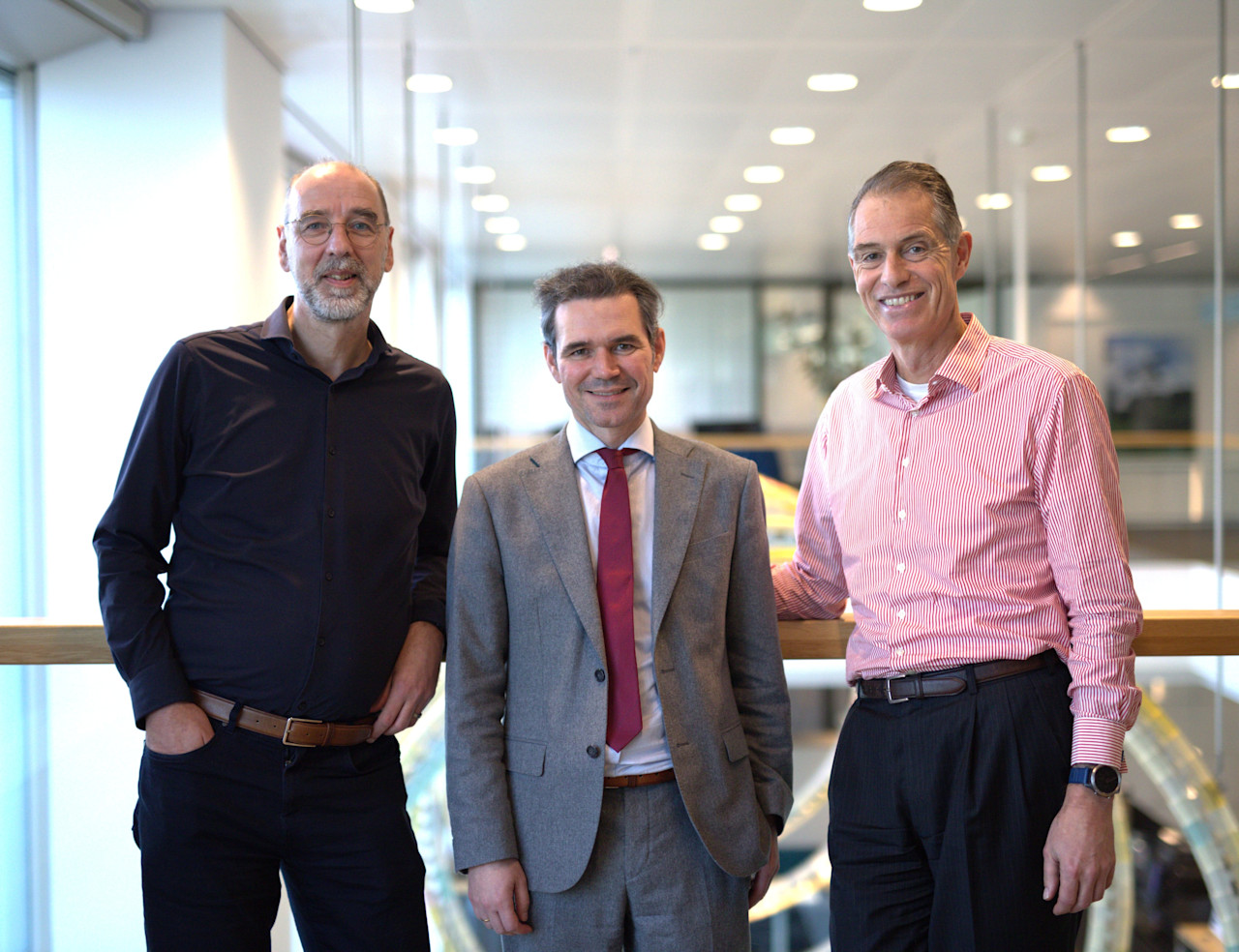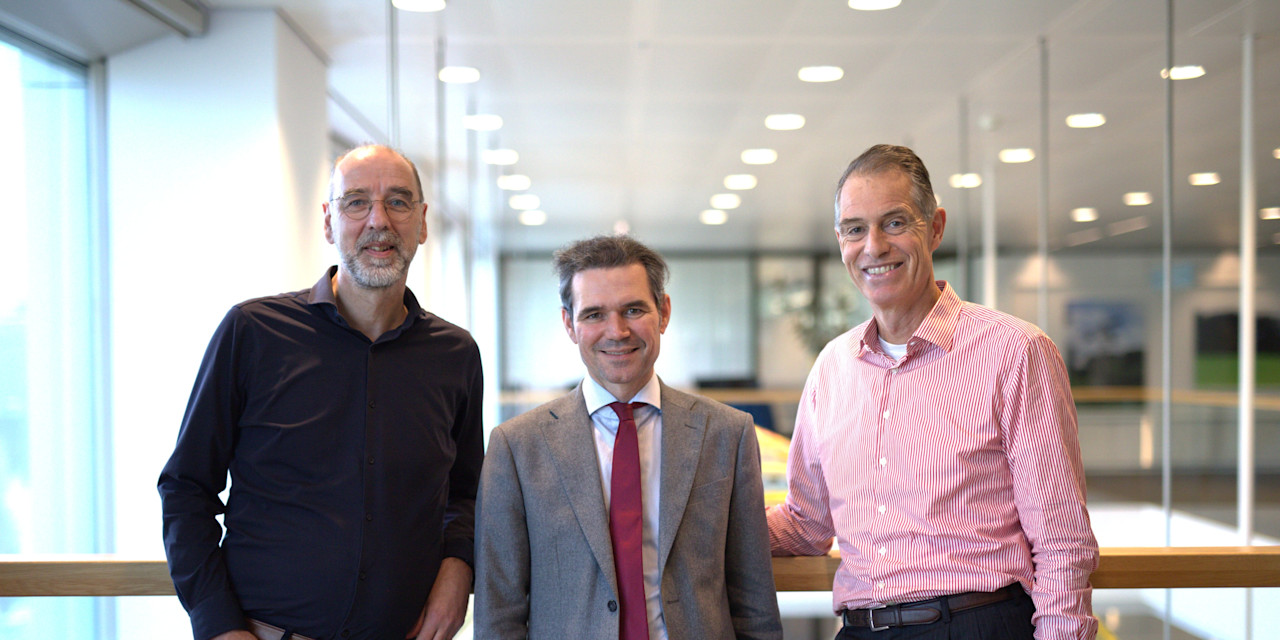Nos articles
Comprendre dans quelle direction les marchés évoluent et quelles en sont les répercussions est la plus grande gageure de tout professionnel de l'investissement. On n'y parvient qu'au prix de recherches approfondies et d'analyses pointues. C'est la raison pour laquelle nous consacrons beaucoup d'énergie à ces activités. Parce que le partage des connaissances est le seul moyen d'assurer la prospérité de tous.





































